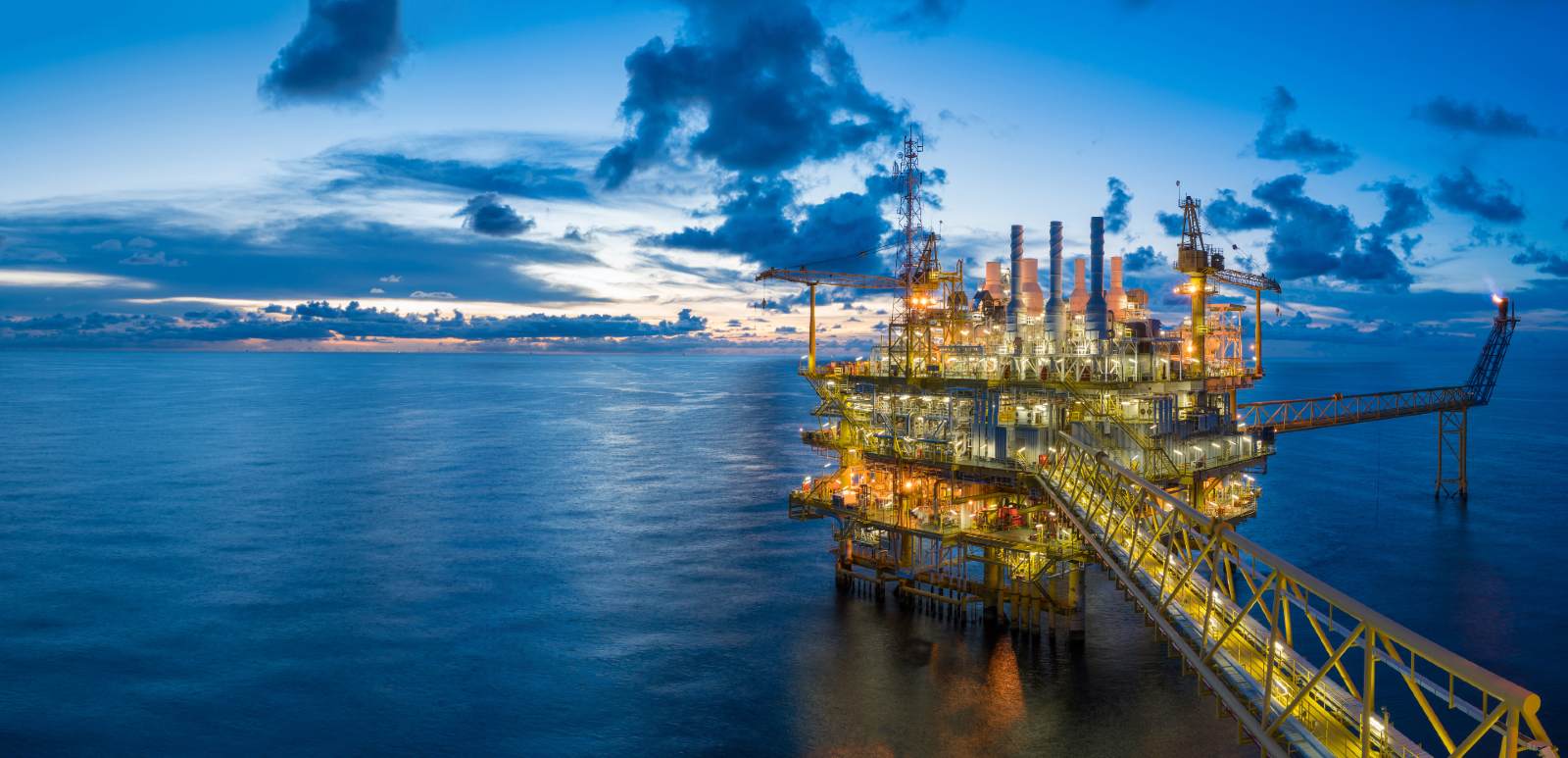Egypt could liquefy and export Israeli natgas

Damietta, Idku plants could become LNG import-and-export terminals for Israeli natgas: Oil Minister Tarek El Molla discussed with his Israeli counterpart Karine Elharrar during a phone call yesterday “future plans” to receive and liquefy Israeli natural gas at Egypt’s LNG facilities (read: the Damietta and Idku liquefaction plants) before it is transferred to ships for export to other countries, according to a joint statement by the Egyptian and Israeli oil ministries.
The statement was otherwise scant on details, saying only that El Molla stressed the necessity of strengthening “bilateral and multilateral cooperation” between partners of the Eastern Mediterranean Gas Forum (EMGF) — established last year to create a “regional gas market” and act as a market platform for natgas producers — towards achieving their energy hub ambitions. The forum, which is led by Egypt till the end of the year and counts Palestine, Jordan, Greece, Cyprus, Italy and Israel as members, is due to hold its next meeting in Cairo in 4Q2021, after convening its last meeting here in town last March.
Will we be getting the gas through our new joint pipeline? Egypt and Israel agreed earlier this year to build a pipeline connecting Israel’s offshore Leviathan gas field to Egypt’s liquefaction plants to help Israel ramp up its exports to Europe. Israel’s Delek Drilling, a main operator of the Leviathan gas field, had said last year that it was mulling expanding its natural gas exports via Egypt’s Idku LNG terminal or by building its own floating terminal. At the time, the dispute over the Damietta plant — which came online in February following an eight-year hiatus — had not yet been resolved, leaving Idku as Egypt’s only viable LNG terminal. Leviathan’s offshore gas field came online in 2019 and supplies Egypt and Jordan.
Egypt already imports gas from Israeli offshore fields Tamar and Leviathan under a landmark agreement in 2018 between Alaa Arafa’s Dolphinus and Israeli oil company Delek Drilling and Texas-based Noble Energy. The agreement was later amended to increase supply to 87.5 bn cubic meters over the course of 15 years, ending in 2034.